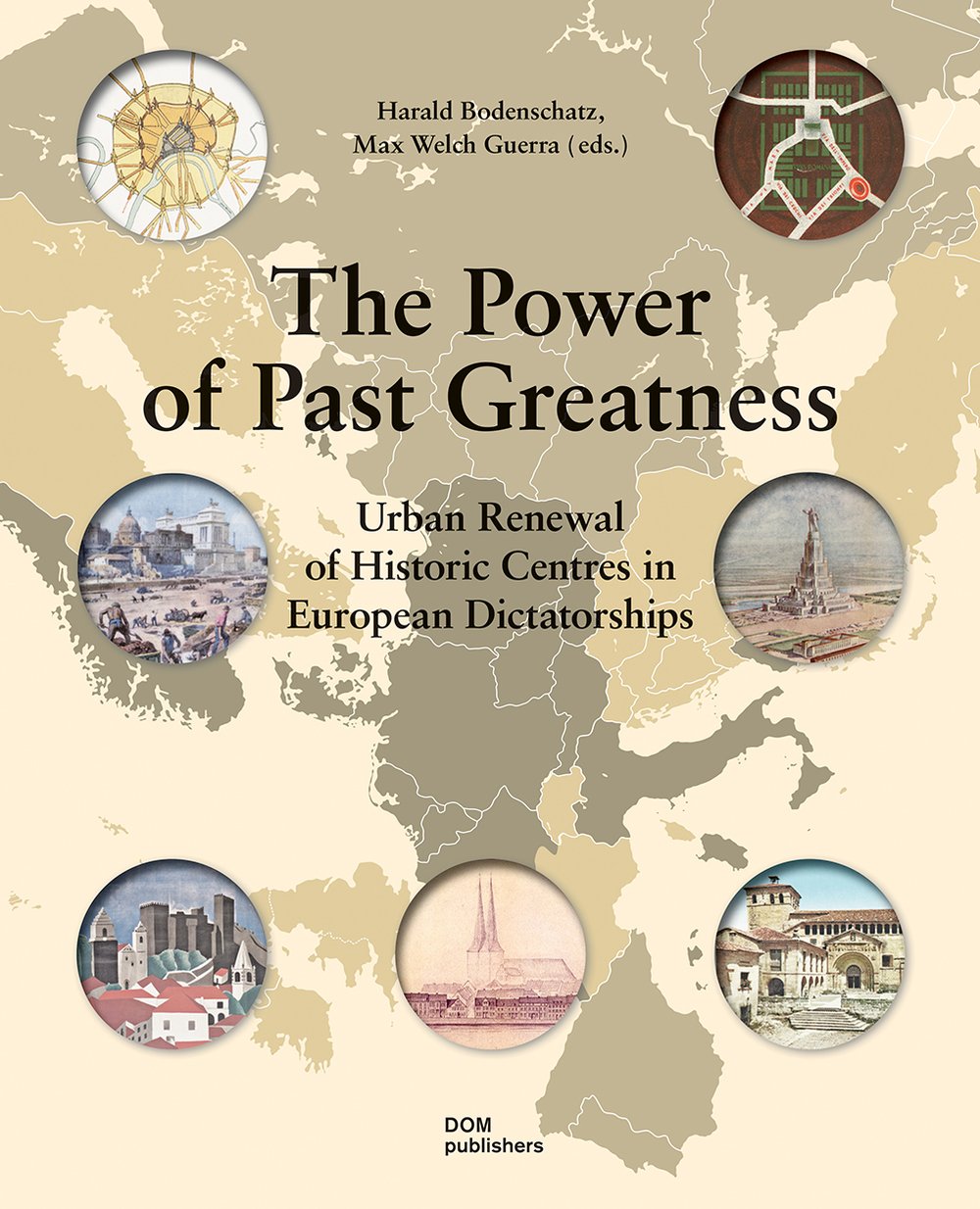The Power of Past Greatness
Urban Renewal of Historic Centres in European Dictatorships

The redevelopment of historical centres became an important policy field in the era of European dictatorships following the First World War.
At that time historical centres were regarded as shabby and as tarnishing the desired image of a magnificent new city, of a showcase of the dictatorship. This led to the widespread demolition of older buildings. Historical streets and squares disappeared and were replaced by new apartments and workplaces for the loyal middle classes, by car-friendly roads and ostentatious new buildings. Nevertheless, the redevelopment of historical centres did not exclusively mean the eradication of the ‘old town’. The aim of the dictatorship in many cases was also the preservation, and often the cultic display, of historical testimonials to past greatness.
The book presents examples of the redevelopment of historical centres in Mussolini’s Italy, in Stalin’s Soviet Union, in Hitler’s Germany, in Salazar’s Portugal and in Franco’s Spain.

Harald Bodenschatz, *1946, town planner and social scientist; from 1995 to 2011 University Professor for the Sociology of Planning and Architecture, Technical University (TU), Berlin; now Associate Professor at the Center for Metropolitan Studies, TU Berlin, and member of the Bauhaus Institute for the History and Theory of Architecture and Planning, Bauhaus-Universität Weimar.
Max Welch Guerra, *1956, political and planning scientist; since 2003 University Professor for Spatial Planning and Spatial Research, Bauhaus-Universität Weimar; director of the Bauhaus Institute for the History and Theory of Architecture and Planning; head of the degree programmes B.Sc. and M.Sc. in Urbanism. Project director of the international research association urbanHist (History of European Urbanism in the 20th Century).
